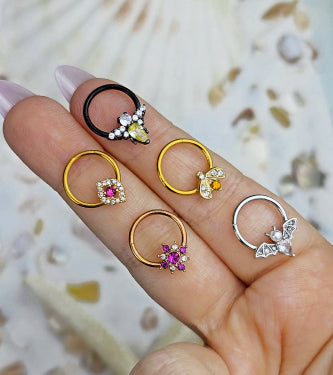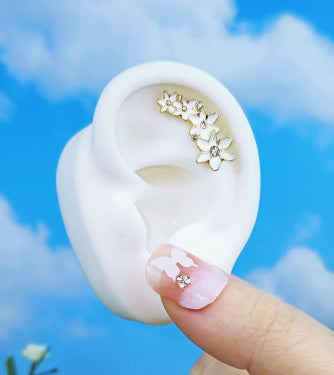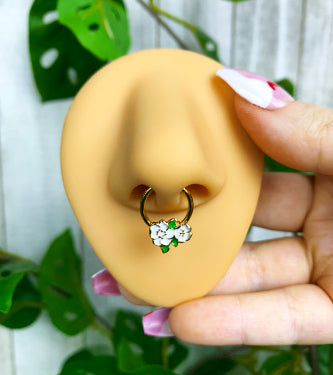It’s no secret that a large percentage of the under 40 set in the US is modified, many of us with both piercings and tattoos. But do the modified live any differently than the rest of society? That answer is debatable when it comes to our favorite pets.
Most pierced and tattooed persons consider themselves to be open minded, friendly, fun-loving, and down to earth, and that doesn’t sound any different than a person without body mods. When it comes to certain things though, generation modification may be slightly more apt to take a risk. Animals, for example, are just such an area.
You don’t have to have tattoos to be “a dog person,” but emerging research suggests that it may effect whether you’re willing to accept a “black breed” as a pet. The term “black breed” is a reference to those dog breeds that are traditionally considered to be higher risk in terms of biting, mauling, or vicious behavior. The list includes rottweilers, pit bulls, german shepherds, bull terriers, dobermans, and other dark colored large breeds. The interesting thing though is that the often unearned stigma surrounding these types of animals is slowly showing a turn in a positive direction, and it’s largely due to a rise in acceptance amongst the younger, modified generation.
Even in the media, connections have been made between the pierced and tattooed culture and the renewed relationship between humans and the formerly rejected black breeds. On television shows like Miami Ink and Pit Bulls and Parolees, we see a generation of modification artists and enthusiasts embracing the love of a grouping of pets that their parents might have never let them have when they were children. Such a show of mutual affection between two species that are often equally misunderstood is incredibly heartwarming. I guess you might consider it a form of puppy love.






